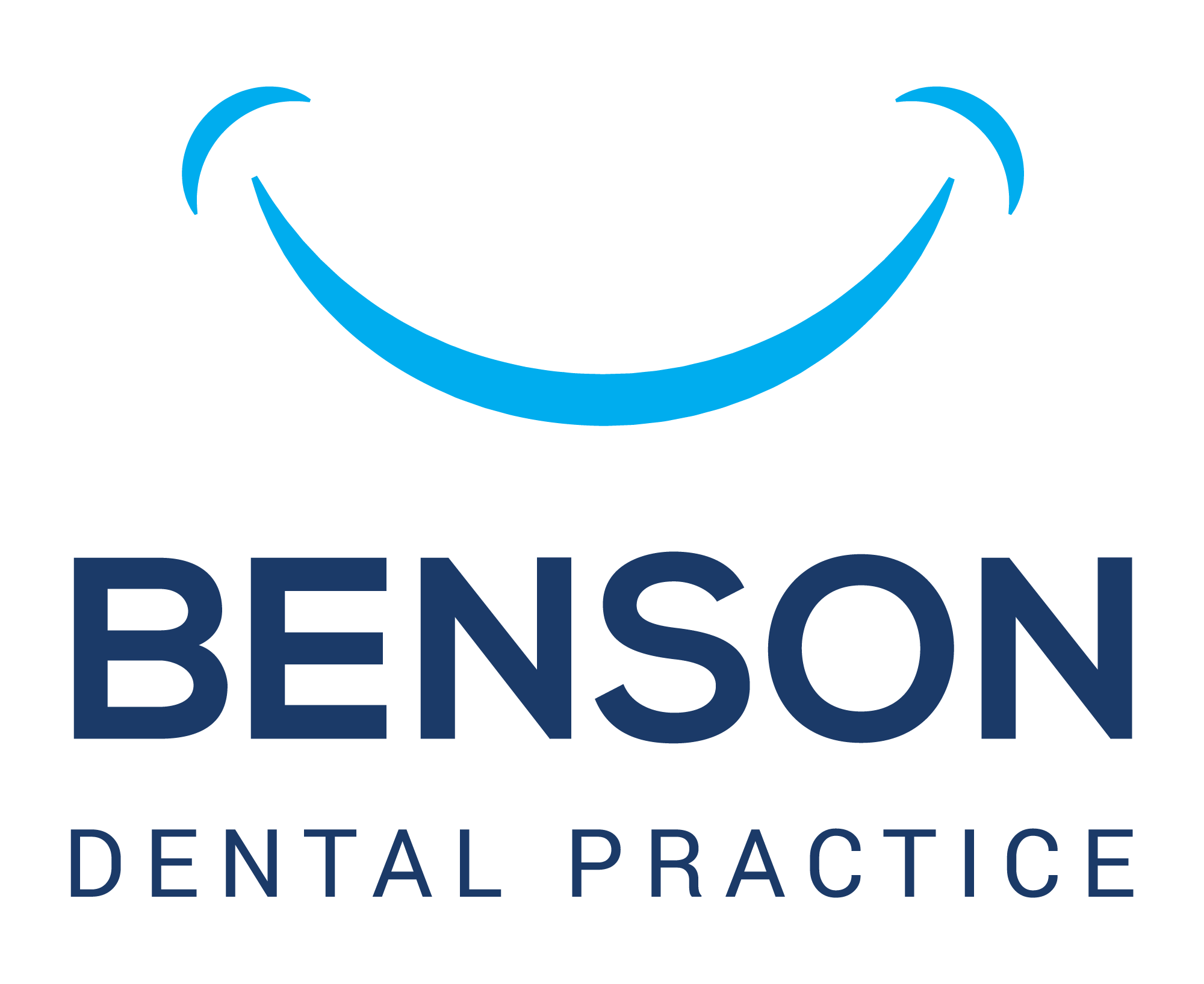- 01/01/2018
- Posted by:
- Category: Dentistry

When you visit your dentist, you might get referred to a dental hygienist. This is especially likely if you have tartar on your teeth or problems with your gums. However, you might be unsure about what a ‘dental hygienist’ actually is and how the role differs from that of your dentist. So, in this post, we’ll examine these unsung heroes of dentistry in more detail.
Who do dental hygienists do?
Dental hygienists are dental professionals who are knowledgeable about gum disease and tooth decay. They work under a dentist’s supervision and they examine your teeth for signs of disease. They can also clean your teeth and teach you how to keep your teeth and gums healthy.
One of the main tasks that a dental hygienist performs is a scale and polish. This is a routine dental procedure which involves giving your teeth and gums a thorough cleaning.
The first step of a scale and polish is scaling. This is where the hygienist uses a scaler (which is either a metal tool or an ultrasonic instrument) to remove plaque and tartar from your gums. Tartar is a form of plaque that has built up and hardened over time. It’s very hard to remove by yourself, which is why scaling is important.
After the scaling comes the polishing. Here, the dental hygienist will clean and polish your teeth using a rotating brush and toothpaste. Afterwards, your teeth will look and feel much cleaner than before.
Does a scale and polish hurt?
Rest assured that a scale and polish is not typically a procedure that causes pain. The most you’ll probably feel is a slight discomfort. However, if you have sensitive teeth or thin enamel, then do let your hygienist know before the procedure. This is because people with sensitive teeth often feel more discomfort from a scale and polish than other patients. If this is the case, then your hygienist might suggest a local anaesthetic or a desensitising paste to alleviate your discomfort.
What else do dental hygienists do?
Dental hygienists also perform a range of other functions, including:
- Removing stains from your teeth. When a dental hygienist performs a scale and polish, it doesn’t just remove plaque and tartar from your teeth – it also removes stains. That’s why your teeth will look lighter after a scale and polish than before. However, keep in mind that hygienists can’t lighten your teeth beyond their natural colour. This has to be done by a dentist with teeth whitening treatment.
- Giving advice. Dental hygienists can give you dental advice that’s tailored to your case.
- Educating patients. Dental hygienists can also give information about how to keep your teeth and gums healthy.
- Spotting disease. Dental hygienists can examine your mouth for signs of disease such as gingivitis (gum inflammation).
- Treating and preventing bad breath. Bad breath is often caused by gum disease. If this is the case, then a dental hygienist can treat the bad breath by removing the disease.
That’s it for our appreciation of dental hygienists. So, if your dentist refers you to a dental hygienist, you’ll now hopefully have a good idea of what to expect!






